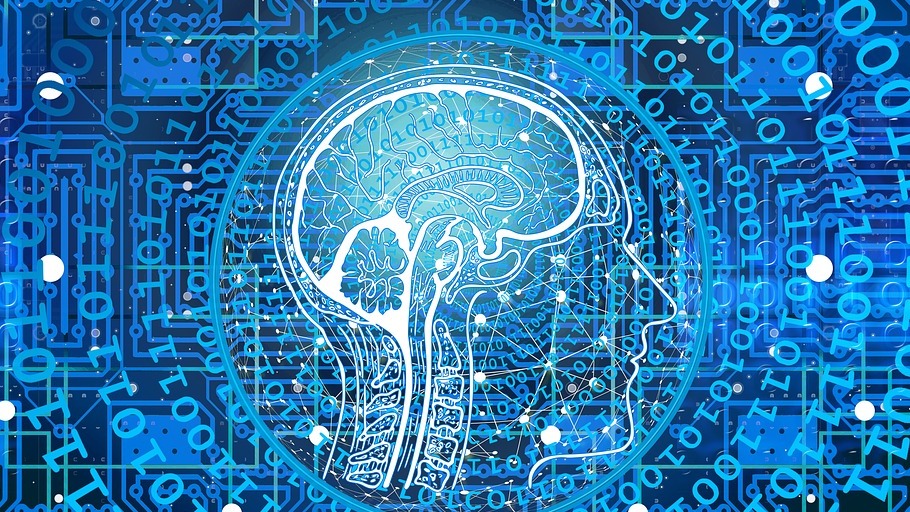NVIDIA has announced the introduction of its GeForce Ray Tracing Texel eXtreme (RTX) desktop general processing units (GPUs) for “supercharging” GenAI performance on computers.
The chipmaker has also announced a suite of new AI software and tools supported by the RTX GPU for developers and consumers.
New software from the company includes AI Workbench, a unified toolkit for AI developers which will be available in beta later this month.
TensorRT-LLM, an open-source library that accelerates and optimises inference performance of the latest large language models, has now been expanded to support more pre-optimised models for PCs.
NVIDIA said that running GenAI locally on a PC is “critical for privacy, latency and cost-sensitive applications” and requires a large installed base of AI-ready systems, as well as the right developer tools to tune and optimise AI models for the PC platform.
To meet these needs, it said it would continue to deliver innovations across its full technology stack to drive new experiences and build on more than 500 AI-enabled PC applications and games its RTX technology already helps facilitate.
“Generative AI is the single most significant platform transition in computing history and will transform every industry, including gaming,” said Jensen Huang, founder and chief executive of NVIDIA. “With over 100 million RTX AI PCs and workstations, NVIDIA is a massive installed base for developers and gamers to enjoy the magic of generative AI.”
Latest News
-
Indra wins TfL contract to run London ticketing systems
-
Japan ‘launches government probe’ into Grok
-
Social media sites stop access to 4.7m under-16 accounts in Australia
-
Government announces £52m funding to support British robotics and defence tech firms
-
Swift to launch blockchain-based shared ledger after successful digital asset pilot
-
AWS launches European sovereign cloud service
The future-ready CFO: Driving strategic growth and innovation
This National Technology News webinar sponsored by Sage will explore how CFOs can leverage their unique blend of financial acumen, technological savvy, and strategic mindset to foster cross-functional collaboration and shape overall company direction. Attendees will gain insights into breaking down operational silos, aligning goals across departments like IT, operations, HR, and marketing, and utilising technology to enable real-time data sharing and visibility.
The corporate roadmap to payment excellence: Keeping pace with emerging trends to maximise growth opportunities
In today's rapidly evolving finance and accounting landscape, one of the biggest challenges organisations face is attracting and retaining top talent. As automation and AI revolutionise the profession, finance teams require new skillsets centred on analysis, collaboration, and strategic thinking to drive sustainable competitive advantage.
© 2019 Perspective Publishing Privacy & Cookies




.png)



Recent Stories